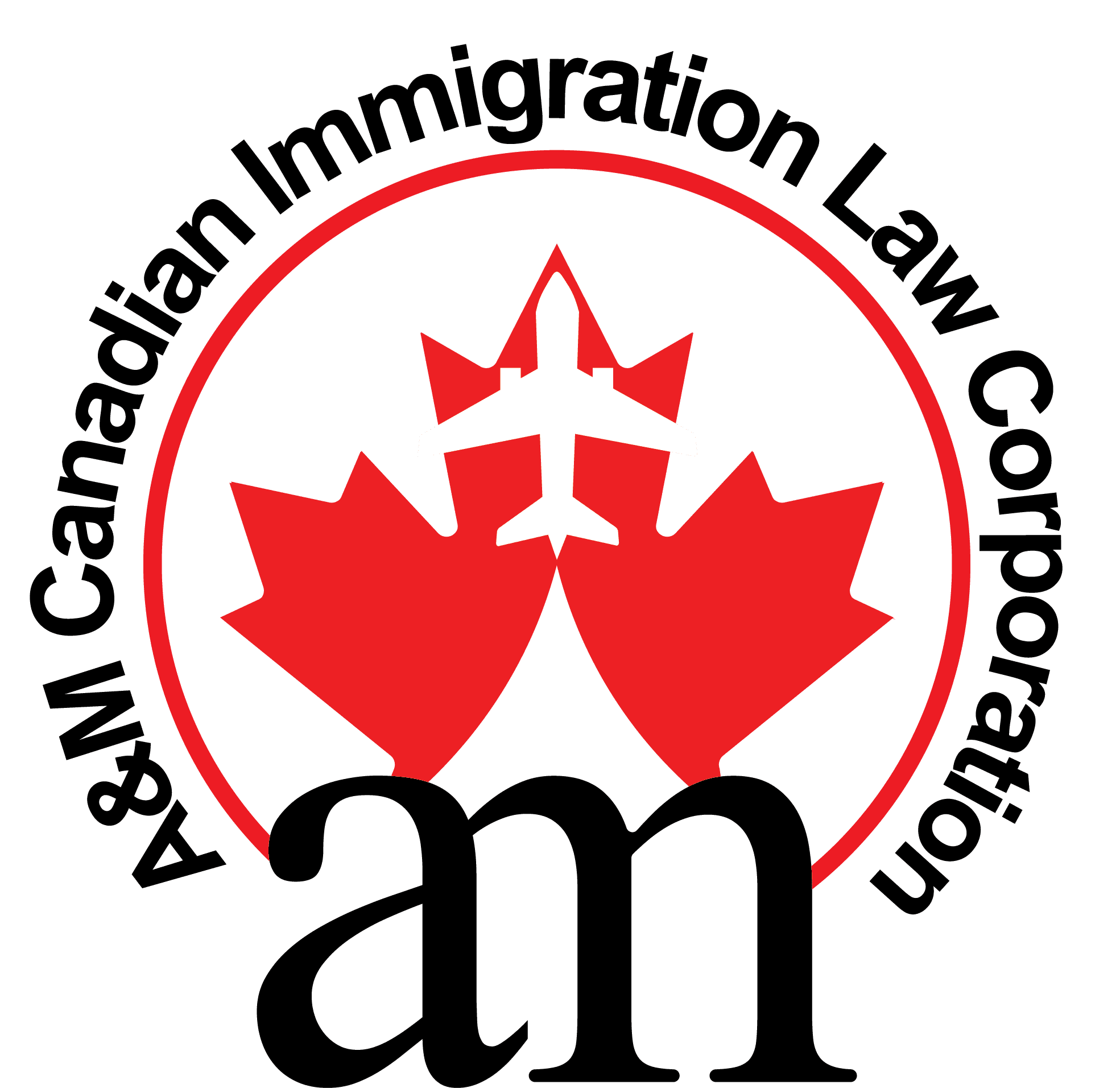Study Permits for U.S. Citizens: Immigration Pathways to Study in Canada
A&M Canadian Immigration Law Corporation
Study Permits for U.S. Citizens: Immigration Pathways to Study in Canada
For a U.S. citizen, studying in Canada is an exciting and accessible opportunity. Canada is home to some of the world’s top universities and colleges, and the process for Americans to obtain a study permit is often smoother compared to applicants from other countries. With the right preparation, you can secure your place in a Canadian school and begin your academic journey with confidence.
Do U.S. Citizens Need a Study Permit?
Yes — in most cases, U.S. citizens require a study permit to enroll in programs longer than six months at a Canadian institution. However, because of Canada’s close
relationship with the United States:
- U.S. citizens can apply for a study permit directly at a Canadian port of entry (border or airport), making the process faster.
- For short-term courses (6 months or less), a study permit is not required — you can complete these programs as a visitor.
Step-by-Step Process for US Citizen to Study in Canada
- Choose a Designated Learning Institution (DLI)
- Not all schools in Canada are authorized to host international students.
- U.S. citizens must first be accepted by a Designated Learning Institution (DLI), such as a university, college, or technical school.
- Secure an Acceptance Letter
- The Canadian institution will issue an official letter of acceptance, a required document for your study permit application.
- Prepare Supporting Documents
Typically required documents include:
- Valid U.S. passport.
- Letter of acceptance from a DLI.
- Proof of funds (tuition fees + living expenses; at least CAD $20,635 per year outside Quebec as of 2024).
- Ties to the U.S. (to show intent to return after studies, unless transitioning to permanent residency).
- Police clearance or medical exam, if requested.
- Valid U.S. passport.
- Letter of acceptance from a DLI.
- Proof of funds (tuition fees + living expenses; at least CAD $20,635 per year outside Quebec as of 2024).
- Ties to the U.S. (to show intent to return after studies, unless transitioning to permanent residency).
- Police clearance or medical exam, if requested.
- Apply for a Study Permit
- U.S. citizens may apply online in advance through IRCC or at the border/airport upon arrival in Canada.
- Pay application fees and biometrics (if applicable).
- Processing Times
- Online applications may take several weeks.
- Applying at the border often results in same-day issuance of your study permit.
- Arrival in Canada
- Upon entry, an immigration officer will issue the physical study permit.
- The document will outline your conditions (school, program, work eligibility, and length of stay).
Can U.S. Citizens Work While Studying in Canada?
Yes. With a valid study permit, U.S. citizens can:
- Work up to 20 hours per week during academic sessions.
- Work full-time during scheduled breaks (summer/winter holidays, spring break).
- Participate in co-op or internship programs if included in their program of study (requires a separate co-op work permit).
This makes studying in Canada financially more manageable while gaining Canadian work experience.
After Graduation: Pathway to Permanent Residency for US Nationals
Many U.S. citizens use Canadian education as a stepping-stone to permanent residency (PR).
- Post-Graduation Work Permit (PGWP): After completing an eligible program (8 months or longer at a DLI), you may qualify for a work permit valid for up to 3 years.
- Express Entry and Canadian Experience Class (CEC): With Canadian education and work experience, U.S. graduates often become strong candidates for PR through Express Entry.
- Provincial Nominee Programs (PNPs): Some provinces give preference to international graduates when nominating candidates for permanent residency.
Pros of Studying in Canada as a U.S. Citizen
For a U.S. citizen, studying in Canada comes with many advantages. The application process is highly simplified compared to other international students, since Americans can apply for their study permit either online or directly at the border. Tuition fees are also generally more affordable than those at many U.S. private universities, making Canadian education a cost-effective choice without sacrificing quality. Canadian institutions are known for their high academic standards, offering globally recognized degrees that open doors internationally. Another major advantage is that study permits often come with the ability to work during and after studies, helping students gain experience and offset expenses. Finally, pursuing education in Canada can also serve as a pathway to permanent residency, as Canadian immigration programs value local study and work experience.
Contact us today to receive personalized guidance, step-by-step support with your application, and expert advice tailored to your goals. Our team specializes in helping U.S. citizens navigate Canada’s immigration system smoothly and successfully.
Let us help turn your Canadian dream into reality.
Conclusion
For a U.S. citizen, studying in Canada offers world-class education, affordable tuition, and a clear immigration pathway toward permanent residency. With options to work during and after studies, Canada is one of the most attractive destinations for American students looking to expand their academic and career horizones.
Click here for a step-by-step checklist on preparing your Canadian study permit application.
Frequently Asked Questions
No. You don’t need a visitor visa or eTA, but you do need a study permit for programs longer than 6 months.






